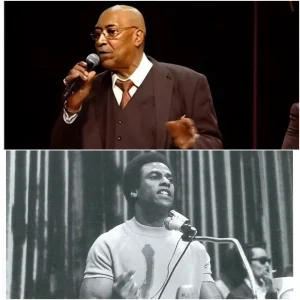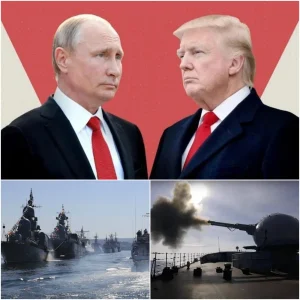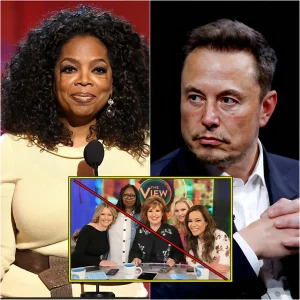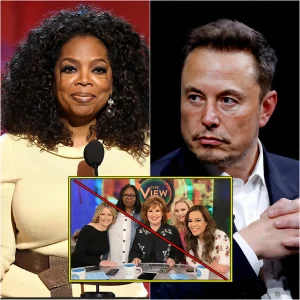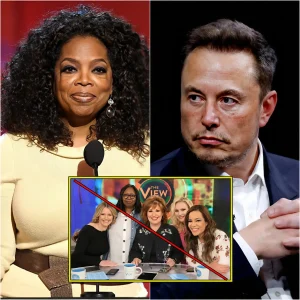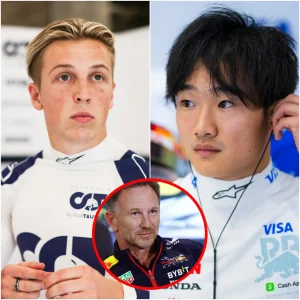In a controversial attempt to shield his son Elon Musk from accusations of racism, Errol Musk has instead stoked a firestorm of criticism with remarks that have deepened the scrutiny surrounding the Musk family’s past. Speaking to NewsOne on March 26, 2025, Errol dismissed the allegations against Elon as “political nonsense,” asserting that during their time in South Africa, the family had “Black servants” who were friends with his son in childhood. Far from quelling the debate, his defense has drawn widespread condemnation for echoing the racial attitudes of apartheid-era South Africa, a period defined by systemic segregation and inequality, and has reignited questions about Elon’s own perspectives on race and privilege.
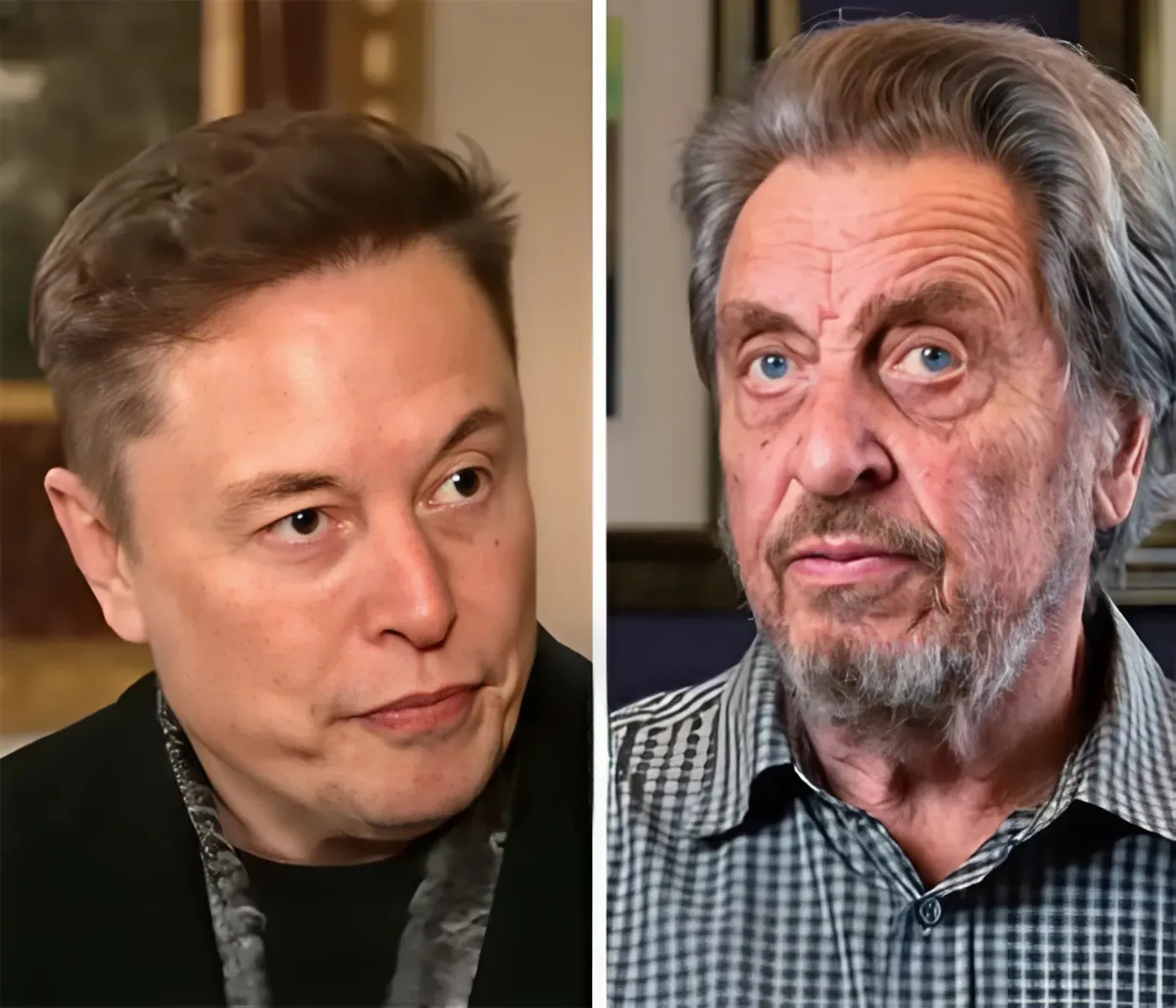
Errol’s comments didn’t stop at personal anecdotes. He went on to describe apartheid South Africa as a “well-run, law-abiding country” with “virtually no crime,” a portrayal that has outraged critics and historians alike. This rose-tinted depiction starkly contrasts with the reality of a regime that enforced brutal racial hierarchies, disenfranchised millions, and sparked global condemnation. Social media erupted with backlash, accusing Errol of whitewashing a dark chapter in history and revealing a troubling disconnect from the suffering endured by Black South Africans. Many see his words as not just a defense of Elon, but an unwitting admission of the privileged lens through which the Musk family viewed a deeply oppressive system.
The timing of Errol’s statements couldn’t be more fraught, given the already strained relationship between him and Elon. The Tesla and SpaceX CEO has long positioned himself as a self-made visionary, distancing himself from his father’s narrative. Errol, however, has repeatedly claimed credit for Elon’s success, pointing to wealth allegedly derived from an emerald mine in Zambia during the 1970s and ‘80s. Elon has vehemently refuted this, insisting there’s no evidence of such a mine funding his ventures and emphasizing his own hard work in building his empire from scratch. This public tug-of-war over their family history has only intensified with Errol’s latest remarks, casting a shadow over Elon’s carefully crafted image.
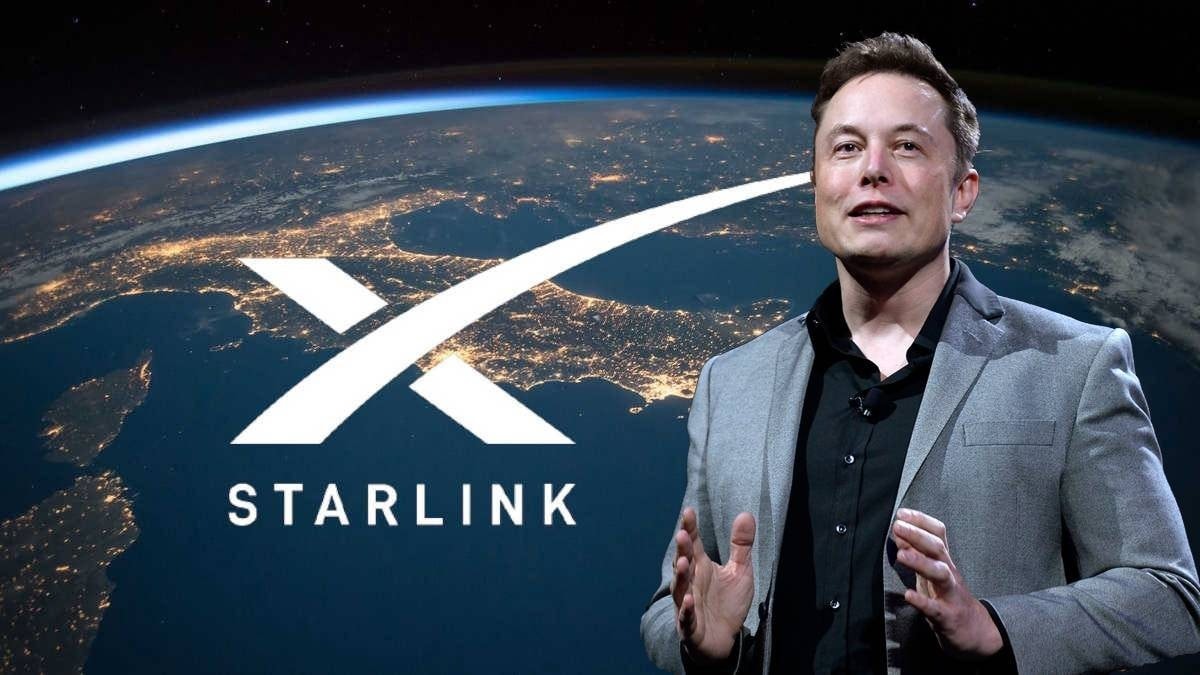
Critics argue that Errol’s defense does more harm than good, pulling Elon into a broader conversation about his roots and beliefs. While Elon has not directly addressed his father’s recent comments, his silence has left room for speculation about how his upbringing in apartheid South Africa might have shaped his worldview. As a global figure championing innovation and progress, Elon has faced periodic accusations of insensitivity on issues of diversity and equity—charges his supporters dismiss as baseless attacks from detractors. Yet, Errol’s nostalgic framing of a racist regime has given detractors fresh ammunition, prompting renewed calls for Elon to clarify his stance on these matters.
The controversy has spilled beyond the Musk family, tapping into larger debates about privilege, accountability, and the legacies of colonialism. Errol’s assertion that their “Black servants” were friends with Elon has been particularly inflammatory, with many pointing out the inherent power imbalance in such relationships during apartheid. What Errol intended as a rebuttal to racism allegations has instead been interpreted as a reflection of the normalized inequalities of that era, further complicating Elon’s narrative of independence and meritocracy.
As the story unfolds, it’s clear that Errol’s attempt to protect his son has backfired spectacularly. Rather than deflecting criticism, he’s thrust the Musk family’s South African history into the spotlight, inviting scrutiny of both his and Elon’s perspectives. For Elon, a man who thrives on shaping the future, this unwanted tether to the past poses a challenge—how to reconcile his global influence with a family legacy now under a harsh microscope. Whether he addresses the uproar or lets it fade, the episode underscores a truth he can’t escape: the echoes of apartheid, and his father’s voice, are proving harder to outrun than any rocket he’s launched into orbit. The world watches, waiting to see if Elon will break his silence or if this storm, like so many before it, will simply pass.
